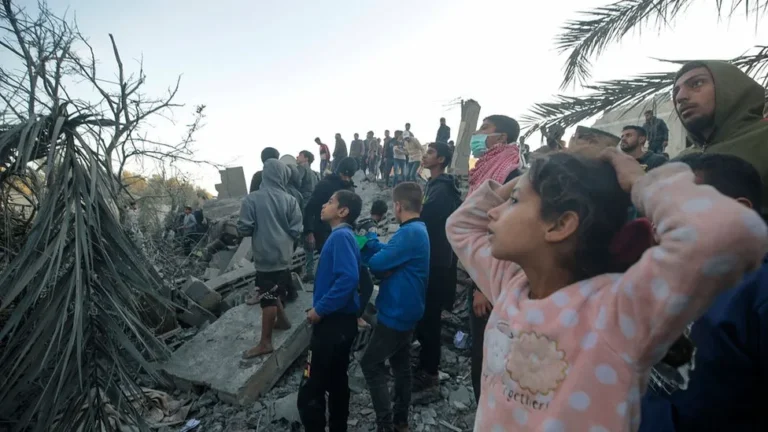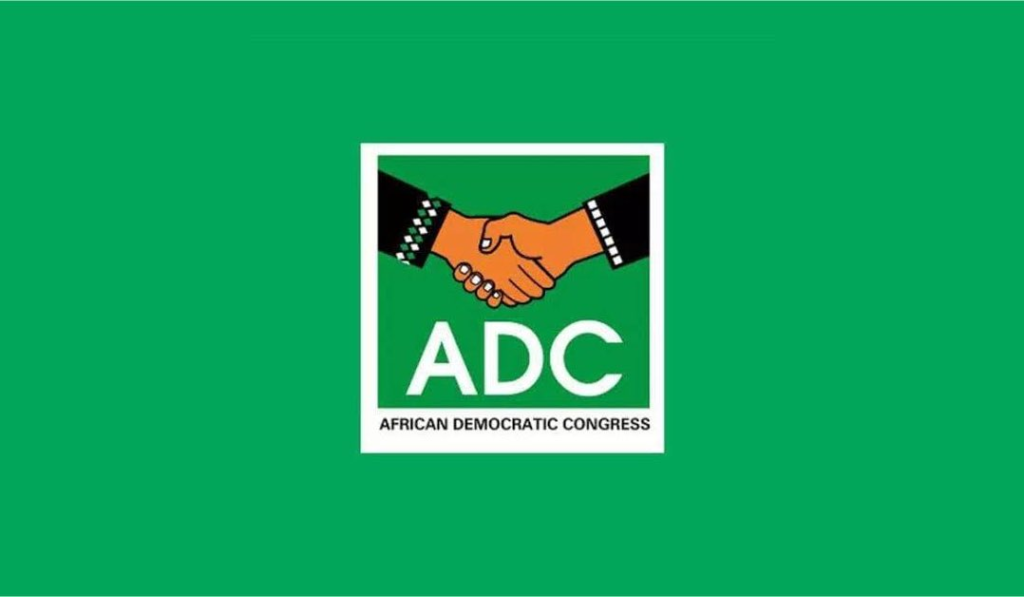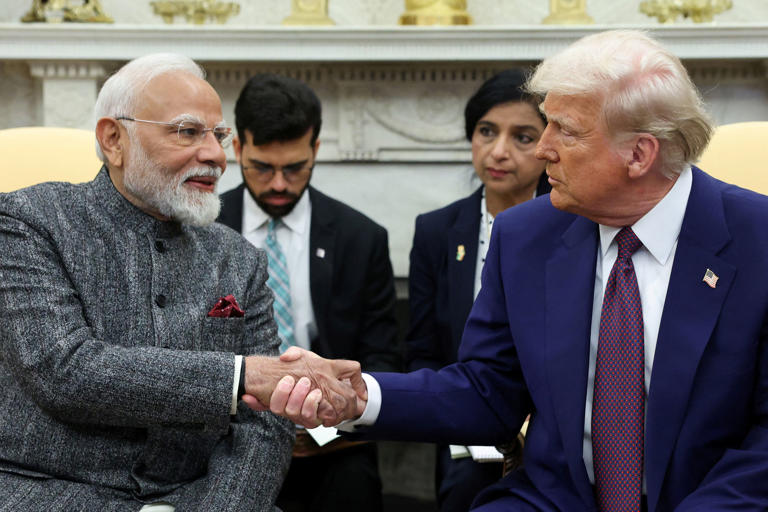China strongly criticized the United States for vetoing a UN Security Council resolution that called for an immediate ceasefire in Gaza. Beijing expressed concern, stating that the veto sent the “wrong message” and effectively gave a “green light to the continued slaughter” in the region.
The White House defended its decision, arguing that the resolution proposed by Algeria would “jeopardize” ongoing peace talks to end the conflict. In response, the US has put forward its own temporary ceasefire resolution, which includes a warning to Israel against invading the city of Rafah.
The US move to block Algeria’s resolution has faced widespread condemnation, particularly as fighting persisted in Gaza. The Algerian proposal received support from 13 out of 15 members of the UN Security Council, with the United Kingdom choosing to abstain.
Following the veto, China’s UN ambassador, Zhang Jun, dismissed the assertion that the resolution would disrupt ongoing diplomatic negotiations, deeming it “totally untenable.” He emphasized that, given the ground reality, the persistent reluctance to enact an immediate ceasefire equated to giving approval for the ongoing violence.
Zhang Jun expressed concern about the conflict’s spill-over effect destabilizing the entire Middle East region, heightening the risk of a broader war. He stated, “Only by extinguishing the flames of war in Gaza can we prevent the fires of hell from engulfing the entire region.”
Meanwhile, Algeria’s top UN diplomat, Amar Bendjama, lamented the failure of the Security Council, declaring, “Unfortunately, the Security Council failed once again.” He urged members to reflect on their decisions, adding, “Examine your conscience, how will history judge you.”
The decision faced criticism from US allies as well. France’s UN envoy, Nicolas de Rivière, expressed regret over the non-adoption of the resolution, citing the dire situation on the ground.
Linda Thomas-Greenfield, the US ambassador to the UN, defended the veto, stating that it wasn’t the appropriate time to call for an immediate ceasefire while negotiations between Hamas and Israel were ongoing. Her UK counterpart, Barbara Woodward, expressed concerns that the proposed plan could potentially hinder ceasefire talks, making an agreement less likely.
The conflict in Gaza was initiated by Israel in response to a Hamas attack on southern Israel on October 7, resulting in approximately 1,200 casualties and over 240 people being taken hostage. According to the Hamas-run health ministry in Gaza, the Israeli military campaign has led to the death of more than 29,000 people in the Palestinian territory.
The proposed resolution by the US calls for an immediate temporary ceasefire “as soon as practicable.” This is contingent on the release of all hostages, and it also urges the removal of barriers hindering aid access to Gaza.
Notably, the White House, which has previously refrained from using the term “ceasefire” during UN votes on the conflict, has put forth this proposal. However, it remains uncertain whether or when the Security Council will vote on the resolution.
The document also highlights that a significant ground offensive in Rafah could result in more harm to civilians, leading to their further displacement, potentially into neighboring countries, with a specific reference to Egypt.
Contrastingly, Israel’s Prime Minister, Benjamin Netanyahu, declared on Tuesday that he remains “committed to continuing the war until we achieve all of its goals,” asserting that no external pressure could alter this commitment.
Over a million displaced Palestinians, constituting roughly half of the Gaza Strip’s population, have sought refuge in Rafah, a city bordering Egypt. Before the conflict, Rafah’s population was merely 250,000. Many of the displaced individuals are living in makeshift shelters or tents under deplorable conditions, grappling with limited access to clean water and food.
The UN has raised concerns, warning that a planned Israeli offensive in the city could result in a “slaughter.” Despite Israeli military assertions that their targets are solely Hamas fighters, the UN expresses apprehension about the potential humanitarian impact.
Benny Gantz, a member of the Israeli war cabinet, has issued a warning that a ground assault will be initiated unless Hamas releases all hostages by March 10.



























